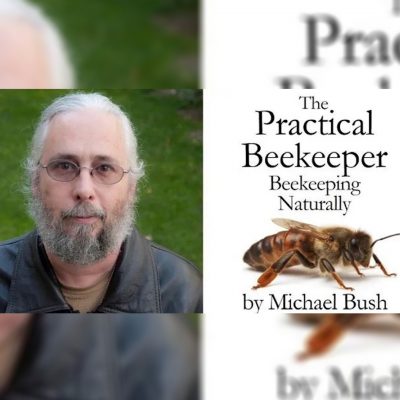It is May, and in Fuenlabrada de los Montes, one of Spain’s most prolific honey-producing regions, beekeepers are worried. The third-generation beekeeper has noticed that the flowers in the fields near their town aren’t anywhere near as numerous as they were even a year ago. Their hives are dying off, too. In recent years, the mortality rate for their bees has climbed to nearly 35 percent. In Greece, honey is one of the country’s national products too, but unfortunately climate change, the environmental disasters that come with it and the excessively increased production costs faced by Greek beekeepers in recent years make them decide to leave their profession. The situation has been made worse by the eviction of Greek beekeepers from the forests, as both the legislative framework and the prohibitive provisions of the Forestry and Fire Departments , which limit the practice of beekeeping within the framework of the fire prevention policy, create a hostile situation for them.
Listen to this episode of Infinitely Curious to find out why bees matter. Listen to one of the leading proponents of treatment-free beekeeping in the US, Michael Bush, on how to keep bees in a natural and practical system where they do not require treatments for pests and diseases and only minimal interventions. Learn from American behavioral biologist and author of several books on honeybee behavior Thomas Dyer Seeley why the decline of pollinators due to pesticides and other pollutants could have disastrous effects on our future of food. The absence of bees would jeopardize three-quarters of the world’s crops that depend at least in part on pollination, including apples, avocadoes, pears, and pumpkins.
